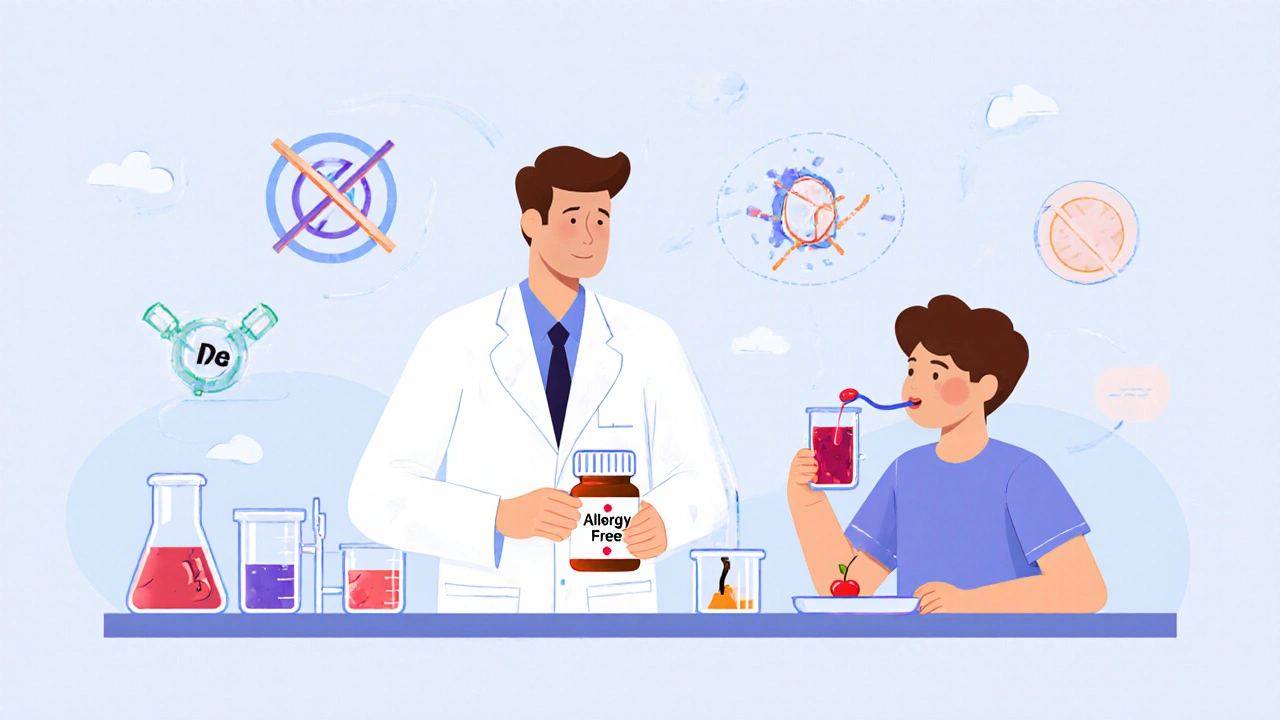Personalized Medicine: Tailored Treatments Based on Your Genetics and Lifestyle
When you take a drug, it doesn’t work the same way for everyone. That’s because your body’s chemistry — shaped by your genes, age, diet, and even your gut bacteria — affects how medicines are absorbed, broken down, and used. Personalized medicine, a healthcare approach that matches treatments to individual biological profiles. Also known as precision medicine, it moves away from trial-and-error prescribing and toward decisions based on real data about you. This isn’t science fiction. It’s already happening in cancer clinics, heart disease management, and even depression treatment.
At the heart of this shift is pharmacogenomics, the study of how genes affect how people respond to drugs. For example, some people carry a gene variant that makes them process statins like simvastatin too slowly — raising their risk of muscle damage. Others break down antidepressants too fast, making standard doses useless. That’s why some states now restrict generic swaps for drugs like warfarin and lamotrigine — tiny differences in formulation can trigger serious side effects in sensitive patients. Targeted therapy, a form of personalized medicine that attacks specific molecules in cancer cells. is another big piece. Instead of chemo that hits everything, doctors now use blood tests to find mutations like EGFR or BRAF and match them to drugs that block only those faulty signals.
It’s not just about genes. Your lifestyle — what you eat, how much you sleep, whether you smoke — also changes how drugs behave. Grapefruit juice can turn a safe dose of simvastatin into a toxic one. Alcohol can send blood sugar crashing if you’re on diabetes meds. Even your gut microbes can alter how well your body uses certain antidepressants. That’s why personalized medicine isn’t just a lab test. It’s a conversation: What’s your routine? What side effects have you had before? What other meds are you taking? This approach cuts down wasted prescriptions, dangerous interactions, and failed treatments.
You’ll find real-world examples below: how generic substitution can trigger seizures in epilepsy patients, why boxed warnings change over time as new data emerges, and how some people need completely different drugs just because of their DNA. These aren’t abstract ideas. They’re daily realities for millions. Whether you’re managing high blood pressure, depression, or chronic pain, the goal is simple: the right drug, at the right dose, for you — not just for someone else.
Compounded medications are custom-formulated drugs for patients who can't use standard prescriptions due to allergies, dosage needs, or swallowing issues. Learn when they're necessary, how to find safe pharmacies, and the risks involved.
Nov, 21 2025

